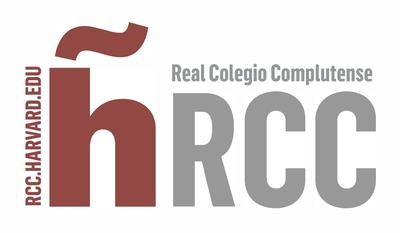Date:
Location:
This talk focuses on an ongoing research, wich evaluates the impact of the relocation of emergency services through the primary care network on the emergency demand in hospitals. It is considered the characteristics of each level of the care system, medical decisions and the demographic and morbidity characteristics of the study population.  For the analysis, a total of 570,858 episodes of hospital emergencies and 1,366,052 episodes of out-of-hospital emergencies were analyzed.
For the analysis, a total of 570,858 episodes of hospital emergencies and 1,366,052 episodes of out-of-hospital emergencies were analyzed.
It starts from the characterization of emergency demand using hierarchical and multilevel modeling with a mixed effects structure that maximizes the transparency of the model, being able to compute each source of expected variation of the demand when changes in the starting conditions, according to the level of care they affect.
The model allows to show the efficiency and quality gains through the reallocation of professionals and capital resources on the primary care health system.
Co-author and Speaker:
Belén García-Cárceles is fellow researcher at RCC Harvard and Associate at the Faculty of Economics at the University of Valencia. She specializes in the assessment of health systems from the patient perspective. Her articles on the field of public opinion issues have appeared in a variety of international scholar publications and general-interest national publications (Spain).
Co-author:
Jose Luís Ruiz is Associate Professor at the Universidad Católica de Valencia and M.D. at Alzira Hospital (Valencia Region, Spain). He specializes in the assessment of emergency services and its connections with primary care network.
